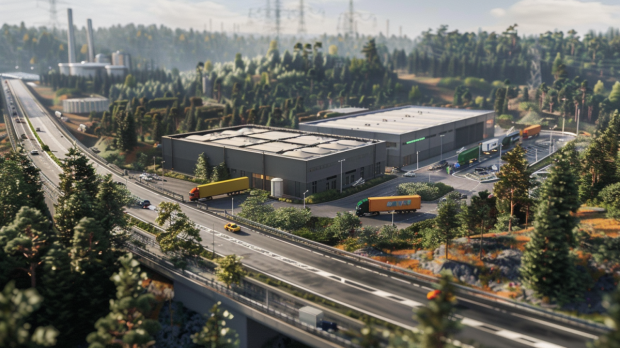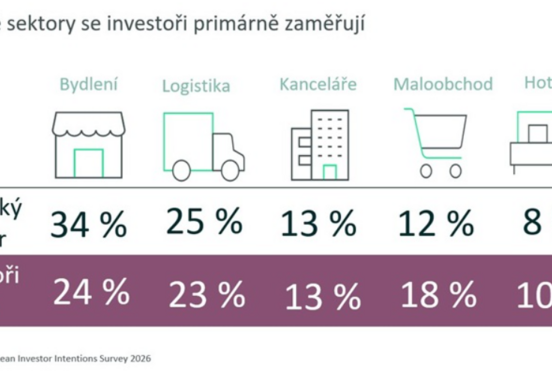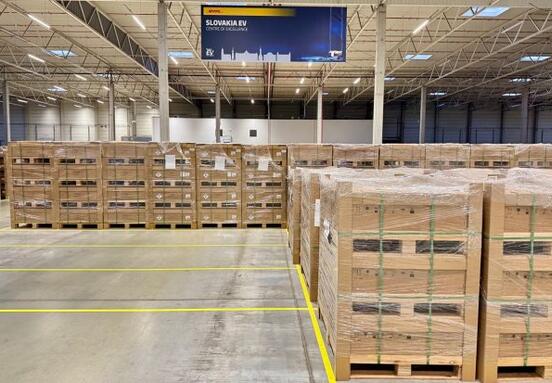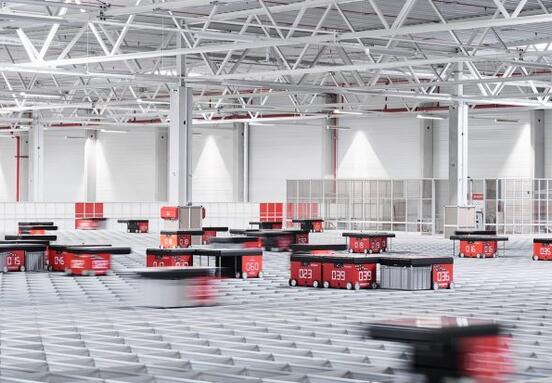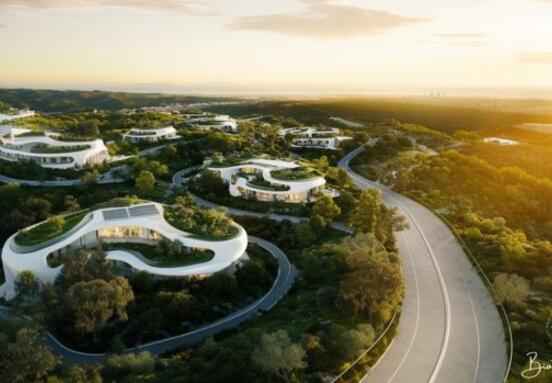"The installation of heat pumps in industrial properties is not only economically beneficial, but also contributes to reducing CO2 emissions and improving the energy balance of buildings. At a time when many banks are starting to lend according to the applicant's ESG performance, responsible behavior is becoming a necessary business norm. This technology offers the possibility to use renewable energy sources while increasing energy independence," explains Petr Narwa, Head of Transaction & Consulting Services at Prochazka & Partners.
Green construction and the implementation of sustainable technologies such as heat pumps or solar panels on roofs are in line with ESG (Environmental, Social and Governance) principles, which are becoming increasingly important in the decision-making processes of investors and developers.
"Incorporating the EU taxonomy and ESG criteria into strategies for the construction and operation of industrial real estate is not only a question of ecological sustainability, but also becomes an essential competitive factor. A number of industrial developers have already certified or are currently certifying older construction as well. It is a matter of course for new buildings," adds Narwa.
The transition to green construction and the use of renewable energy sources is a crucial step towards achieving climate goals and ensuring sustainable development. The industrial sector thus has the opportunity not only to reduce its ecological footprint, but also to increase efficiency and reduce operating costs, including dependence on Russian gas. The future of industrial real estate in the Czech Republic is thus moving towards greater sustainability and energy independence.
